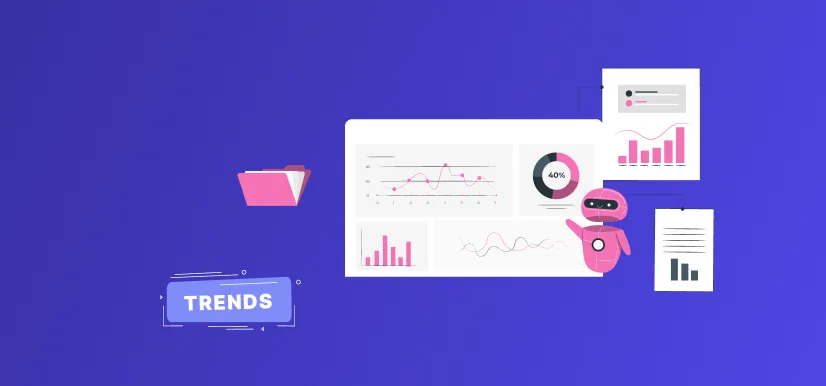Sales Qualified Lead
What Is Sales Qualified Lead (SQL)
A sales qualified lead (SQL) is a prospective customer that has been determined to be likely to respond positively to a sales or marketing outreach. This determination is typically made by evaluating factors such as the individual's level of interest, fit with the target market, budget, and authority.
The criteria used to qualify an SQL can vary depending on the products or services being sold, but they typically involve some combination of the above factors. Once a prospect has been determined to be an SQL, they are typically passed on to a sales team for further nurture and follow-up.
Why Is the Sales Qualified Lead Stage Important
Sales qualified leads are incredibly important to businesses because they are the names and contact information of individuals who have been determined to be good sales prospects. The sales qualified lead stage is important because it's the first step in the sales process, and it allows businesses to focus their resources on individuals who are most likely to make a purchase.
Sales qualified leads are generated through a variety of means, including online advertising, trade shows, and word-of-mouth referrals. Once a sales qualified lead has been identified, businesses can begin working on converting them into customers.
The sales qualified lead stage is important because it provides businesses with a pool of high-quality prospects to work with. By focusing their efforts on these individuals, businesses can increase their chances of making a sale and growing their customer base.
Working with sales qualified leads can be time-consuming and expensive, but it's a necessary investment for any business that wants to succeed.
By taking the time to generate and nurture sales qualified leads, businesses can put themselves in a position to achieve their goals and achieve long-term success.
How Do You Calculate Sales Qualified Leads
Sales qualified leads (SQLs) are the subset of your larger pool of leads that your sales team has determined are ready and willing to buy your product or service. In order to calculate SQLs, you'll need to first establish criteria for what makes a lead "sales qualified." These criteria will vary depending on your business, but could include factors like budget, authority, need, and timeline. Once you have established these criteria, you can begin calculating SQLs.
How to Generate Sales Qualified Leads
Sales qualified leads are potential customers who have been identified as likely to respond positively to a sales pitch or offer. To generate sales qualified leads, businesses typically use marketing activities such as lead generation campaigns, webinars, or trade show attendance.
Lead generation campaigns are designed to attract potential customers and collect their contact information. Once the campaign has generated a list of leads, the sales team can reach out and attempt to sell them the product or service.
Webinars are another effective way to generate sales qualified leads. By hosting an educational or informative webinar, businesses can attract leads that are interested in learning more about the topic at hand. Attendees can be asked to provide their contact information in order to receive more information or access the recorded webinar.
Trade show attendance is another great way to generate sales qualified leads. By exhibiting at trade shows, businesses can connect with potential customers who are interested in their products or services. Attendees can be asked to provide their contact information in order to receive more information or follow up from the sales team.
By using these marketing activities, businesses can generate a list of potential customers who are likely to be interested in their product or service. The sales team can then reach out and attempt to sell the product or service.
How Does an MQL Become SQL
When a lead expresses interest in a company's product or service, they have typically deemed a marketing qualified lead (MQL). In order to become sales qualified, these leads must express further interest and meet certain criteria set by the sales team. This usually includes factors such as budget, authority, need, and timeline.
Once a lead becomes sales qualified, it is then the sales team's job to close the deal. The sales team will continue to nurture the lead until they are ready to buy, at which point they will be converted into a customer.
The transition from MQL to SQL is an important one, as it is often the difference between a lead that is interested and a lead that is ready to buy. By ensuring that leads meet the necessary criteria before they are handed off to the sales team, companies can increase their chances of making a sale.
Get a weekly roundup of Ninetailed updates, curated posts, and helpful insights about the digital experience, MACH, composable, and more right into your inbox

